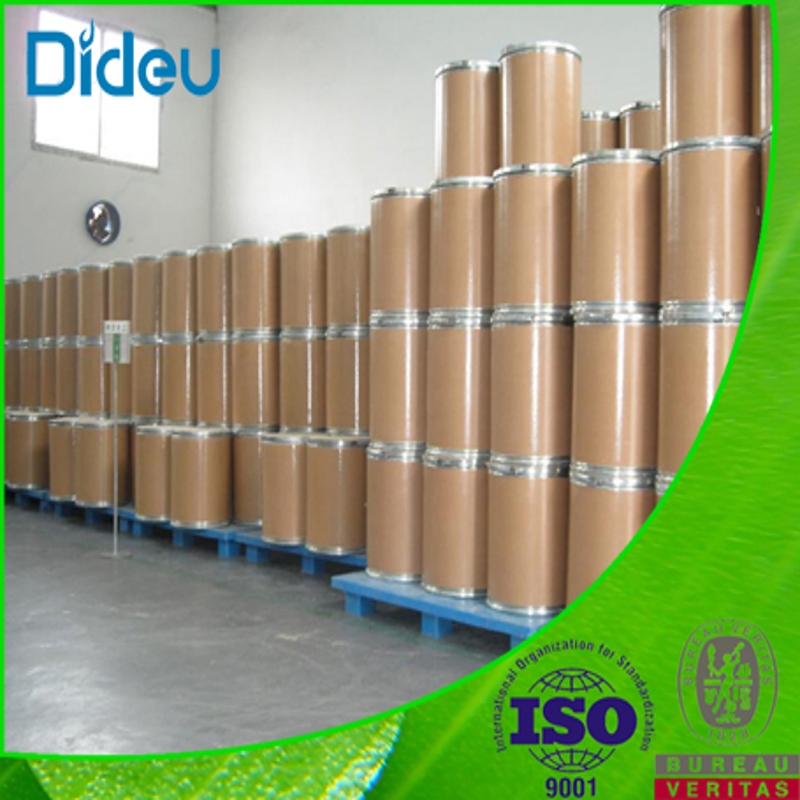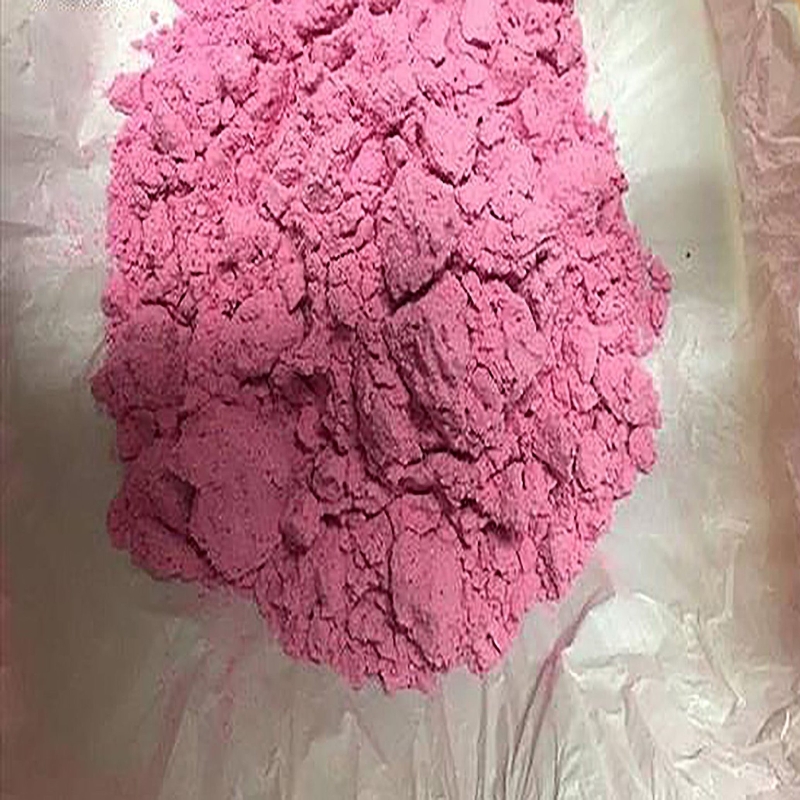-
Categories
-
Pharmaceutical Intermediates
-
Active Pharmaceutical Ingredients
-
Food Additives
- Industrial Coatings
- Agrochemicals
- Dyes and Pigments
- Surfactant
- Flavors and Fragrances
- Chemical Reagents
- Catalyst and Auxiliary
- Natural Products
- Inorganic Chemistry
-
Organic Chemistry
-
Biochemical Engineering
- Analytical Chemistry
-
Cosmetic Ingredient
- Water Treatment Chemical
-
Pharmaceutical Intermediates
Promotion
ECHEMI Mall
Wholesale
Weekly Price
Exhibition
News
-
Trade Service
background
Background backgroundDelayed recovery of neurocognitive function after surgery is related to poor prognosis.
method
Method methodA randomized, double-blind, parallel, and controlled study was conducted in four hospitals in China.
result
Result resultA total of 544 patients were enrolled, with 272 patients in each group.
in conclusion
Conclusion conclusionFive to seven days after laparoscopic abdominal surgery, the choice of anesthesia between propofol and sevoflurane does not seem to affect the incidence of delayed neurocognitive recovery.
Elevated interleukin-6 concentration may be an independent risk factor for delayed neurocognitive function recovery.
Original source:
Yujuan Li, et al.
asahq.
org/anesthesiology/article/134/3/381/115076/Intravenous-versus-Volatile-Anesthetic-Effects-on" target="_blank" rel="noopener">Intravenous versus Volatile Anesthetic Effects on Postoperative Cognition in Elderly Patients Undergoing Laparoscopic Abdominal Surgery: A Multicenter, Randomized Trial.
Leave a message here







